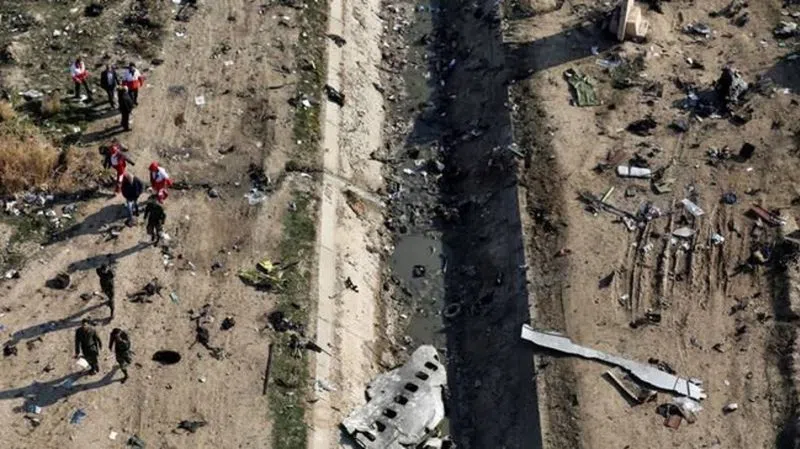
Vigils held for plane crash victims and assisted dying; In The News for Jan. 13
In The News is a roundup of stories from The Canadian Press designed to kickstart your day. Here is what’s on the radar of our editors for the morning of Jan. 13.
What we are watching in Canada …
The Transportation Safety Board will hold a news conference this afternoon concerning its role in the investigation into the crash of Ukrainian International Airlines flight 752.
The plane was shot down by an Iranian missile moments after taking off from Tehran on Wednesday. All 176 on board were killed, including 57 Canadian citizens and dozens more with Canadian ties.
